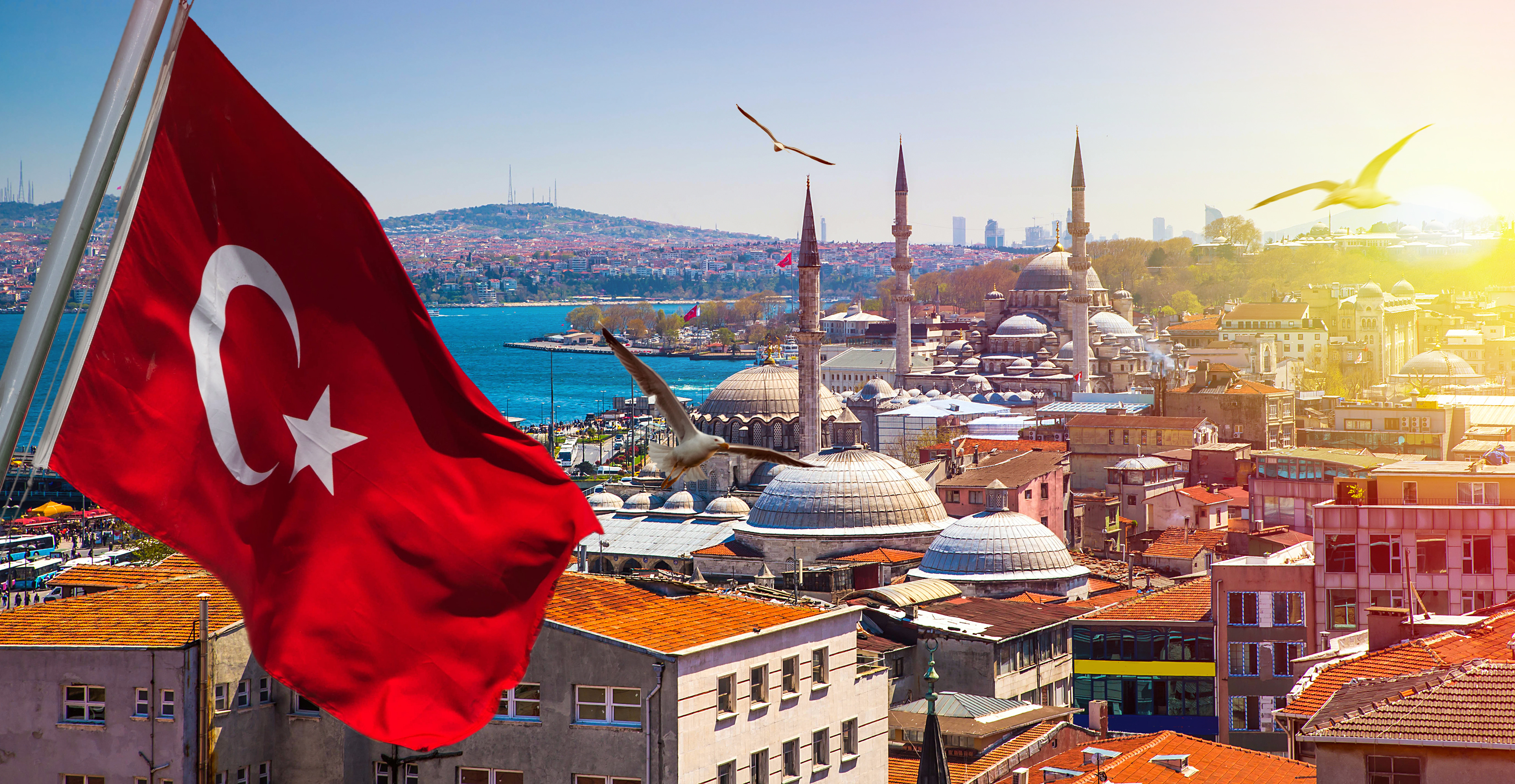The elections scheduled for June 2023 will be a historical juncture for Turkey's destiny with far-reaching significance that transcends its borders, given the unique geopolitics of Turkey, writes the Turkish journalist, senior columnist, and a Middle East expert, Cengiz Çandar in an exclusive op-ed for the Delphi Forum Journal
By the year 2016, following the controversial botched coup on July the 15th, Turkey steadily but surely set on a course of regime change that culminated in the executive presidential system, which replaced the traditional parliamentary system that was in force since the end of World War II, for over seventy years. The constitution changed accordingly in 2017, and with the election of Recep Tayyip Erdoğan, as the president, a shift from imperfect or illiberal democracy toward full-fledged autocracy gained momentum.
The fundamental change in the regime's character in Turkey, on the one hand, reflected the zeitgeist, and on the other hand, has become a very effective component of it. It coincided with Brexit, the election of Donald Trump as the president of the United States, Narendra Modi in India, Duterte in the Philippines, and Bolsonaro in Brazil, and the rise of Xi Jinping of China on the international stage. Even in the European Union, the Viktor Orbán phenomenon in Hungary is considered a boost for autocratic leaders among whom Erdoğan and Vladimir Putin of Russia excelled, sharing similar traits.
The upcoming elections in Turkey earned international significance in this respect because all indicators point out the probable defeat of Erdoğan in the ballot box. The recent history attests to the fact that there is an unmistakable correlation between the rising inflation and a drastic change of power in Turkey.
Now is the time for a new radical change. The inflation is double-digits, the highest in the 20-yearlong power of Erdoğan -the longest in Turkish republican history- reached almost 80 percent in the summer of 2022, and credible financial analysts predict it to climb to three-digits during the spring of 2023, on the eve of the fateful elections. Given the ever-deepening economic and financial crisis, which primarily is the result of Erdoğan’s erroneous decisions, further aggravated by the consequences of the Russian aggression to Ukraine and reasons related to pandemics, a miracle would require to prevent Erdoğan’s downfall.
The opposition formed a six-party bloc dedicated to changing the constitution to revive the parliamentary system and unite around a candidate to win against Erdoğan in the presidential elections.
The pro-government Turkish media -95 percent of which is strictly controlled by Erdoğan- rejoiced by the Hungarian election results. Viktor Orbán, who once announced Erdoğan as his “role model,” won against a six-party opposition bloc in April 2022. They hope the Hungarian election results will serve as a precedent for the Turkish elections in 2023.
The resemblance between Hungary and Turkey does not exceed other than the number of parties in the opposition bloc. The two countries differ significantly in terms of population size, geography, history, culture, traditions, political structure, and the overall economy. Hungary of April 2022 cannot serve for anything concerning Turkey of June 2023.
Turkey, seemingly, crossed the Rubicon for any hopeful resuscitation of Erdoğan’s autocracy through elections. The only big challenge is whether Erdoğan would concede defeat and let a peaceful transition of power. Or if he foresees his ultimate defeat, whether he would seek ways to postpone or cancel the elections.
